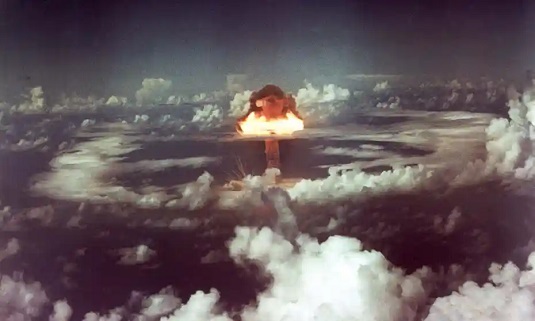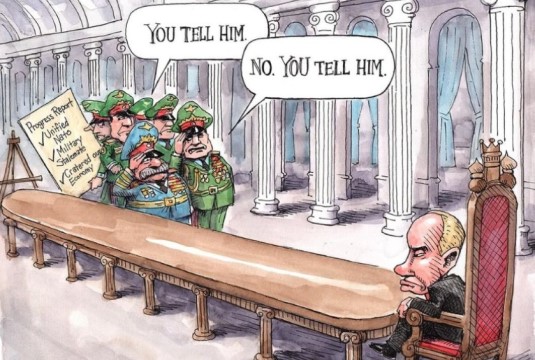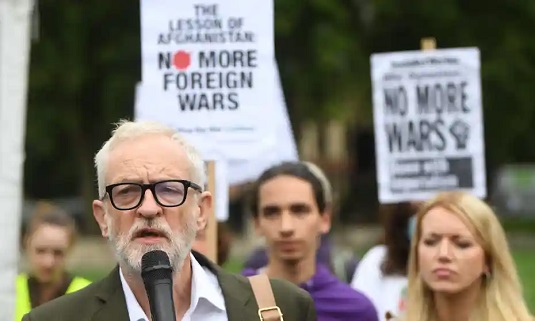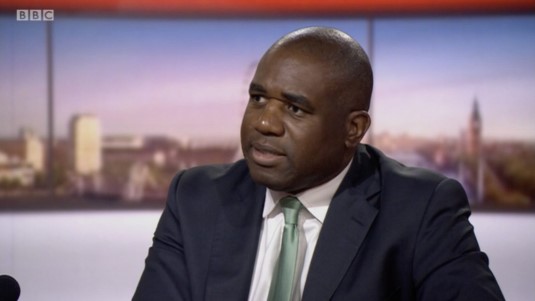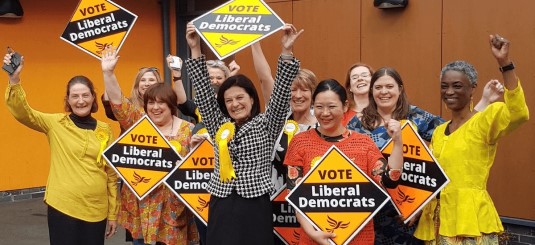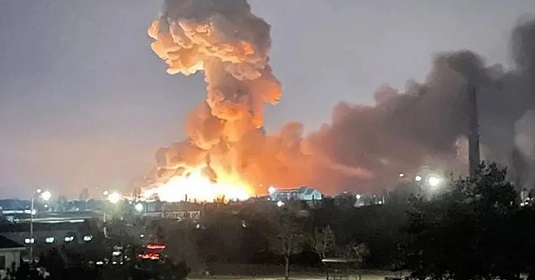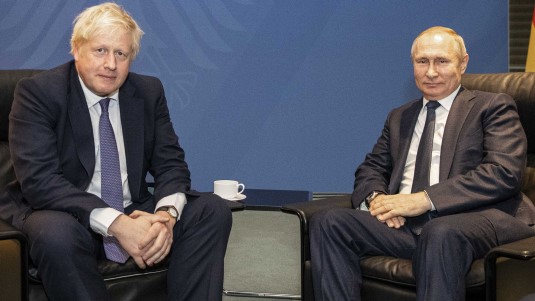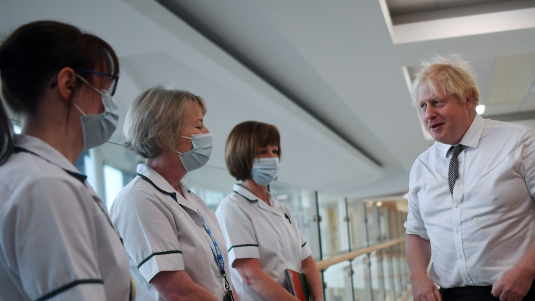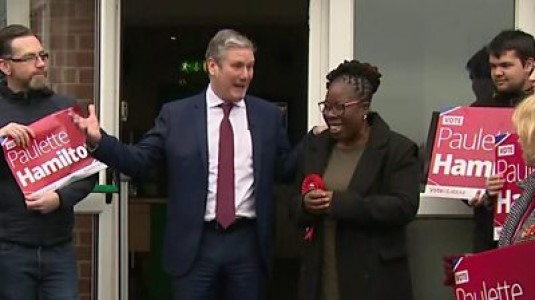
The majority Paulette Hamilton won was 3,266, lower than the nadir of the last election where Jack Dromey bequeathed 3,601. But this is a by-election which, as a second order election (i.e. an election viewed by a lot of the electorate as one that "doesn't matter"), turn out was well down. 35,000 Erdington residents hit the polls in 2019. On Thursday only 17k made the same journey, a story not just of by-elections this year but by-elections at any time. It's pointless comparing raw numbers because the comparison is not like-for-like. What matters is the proportion of the vote, and here Labour were up just over five points while the Tories fell by four. Had the proportion fallen, as per Batley and Spen, then Keir Starmer would be in trouble. But it didn't and the knives stay in the kitchen drawer for the time being.
That said, the result must be a personal disappointment for Starmer. Having seen the Liberal Democrats chalk up two famous victories, to properly cement his leadership and banish the mutterings the Labour leader needs a triumph of his own. Preferably a seat taken directly from the Tories to show the party and the press that he's a coming man, consolidating a marginal seat and making it safe would have done in Erdington's case. But it didn't happen. And there are two reasons for this. People haven't forgot Boris Johnson's partygoing antics, but his efforts to place the issue in abeyance with the Met investigation has worked. Though the Prime Minister also has a certain Vladimir Putin to thank for making sure his wrongdoing is buried under the weight of an international crisis. The visceral anger that fizzed around a month ago has petered out, and so there was nothing for Starmer to capitalise on.
This might not have mattered if Labour actually had something to offer, but the leadership have decided to say nothing and offer even less. Not even taking the Tories to task for being soft on Russia, not going hard on sanctions, and hinting we should be thinking about no fly zones have made people sit up and take notice. Voting against the Tories is never enough, you have to give them something to support. And the nice hair cut and saying "we're not left wing" ain't it. Whatever the case, while Starmer is safe for the time being it appears his de facto deputy is not.
"Ah!", might come a reply from a right wing Labour wiseacre, "if socialism was the answer then why did the literal Trade Unionist and Socialist Coalition perform so poorly?" Good question. Coming third is barely a consolation if there are 34 percentage points separating you from the second placed Tories, and were miles away from saving the deposit. I can divine the explanations in next week's Socialist, blaming a media blackout and the fact their candidate, Dave Nellist, wasn't invited to a BBC-run hustings. TUSC were going from a standing start, and the vote tally did not reflect the enthusiasm for socialist ideas found on the doorstep. But a marker has been put down for next time. I could almost write the article for them. The problem is the Socialist Party, the main component of TUSC, has, for all its vanguardism, a wonky idea about class that is less sophisticated than its new comrades in the People's Alliance of the Left. And, despite the "serious" reputation it has on the far left, the SP is congenitally unable to carry out the consistent work necessary to establish, maintain, and expand a base in working class communities. This is reflected in the life of TUSC itself, which is but an electoral appendage with no independent existence or means of becoming a new left party in embryo. That role, of course, falls to the SP itself.
Therefore, the 360 votes it polled are not the beginning of anything. TUSC will be packed away and might be seen at the next general election, but it might not. It stood in 2015 and polled 212 votes on that occasion, but evidently was packed away and nothing was done to try and cohere that vote and build outwards from it. Perhaps it will be different this time, but as the best predictors of future behaviour is past behaviour, I won't be holding my breath.
Image Credit
